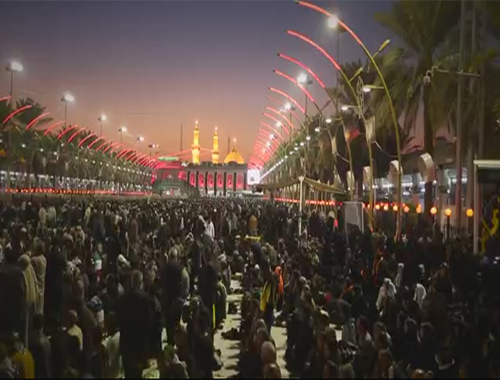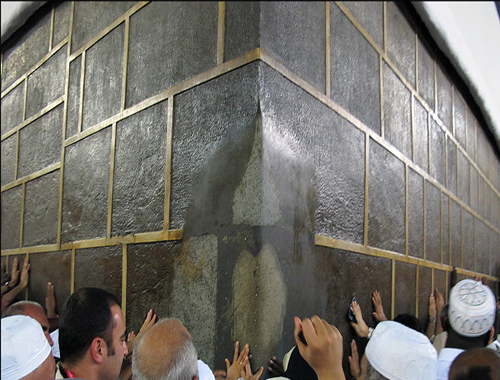Introduction
- Details
- Hits: 2342
Proxy in some of the rites
112. In such cases as illness or absence, it is permissible to perform tawaaf, and sa?y by proxy, if it was not possible for the individual to do so by being helped, or carried. The same is applicable for the prayer of the tawaaf and ram?y. As for ihraam, woquf, halq, and the mabeet in Mina, doing these rites by proxy is not acceptable.
113. If a woman would not be cleansed from her menses [in time] and it would not be possible to be left behind by her group, it would be permissible for her to seek an agent to do Tawaaf al-Nisa? and Tawaaf al-Ziyaarah and their prayers on her behalf, and do the sa?y herself.
PART 2 - The Types of Hajj
114. There are three categories of Hajj:
1. The Tamattu?
Hajj,
2. The Qiraan
Hajj,
3. The Ifraad
Hajj.
115. The Tamattu? Hajj is obligatory upon any able - mostatee? - adult whose hometown is at a distance of 16 Farsakh (88 km) or more from the Holy City of Makkah, from any direction. (Each Farsakh is about 5.5 km.)
116. The Qiraan and Ifraad Hajj are obligatory upon any able adult who lives at less than that distance (i.e. 88 km) from the Holy City of Makkah.
117. If one has not discharged his/her obligatory duty of the Tamattu? Hajj - also known as Hajjat-al-Islam, i.e. the first obligatory Hajj for those who live outside that distance, it is not sufficient for them to perform the Qiraan or the Ifraad Hajj.
118. An adult individual has the choice of performing any of these three types of Hajj, if the Hajj is a mostahab one, or if it is performed as a nadhr or vow without the type being specified, or if he has been entrusted to perform it, without specification as to which type to perform. However, the preferred choice in these cases is the Tamattu? Hajj.
119. If the adult individual was considered to have two hometowns, [i.e. permanently lived in two hometowns], one being outside the limit [of 88 km] and the other inside, he is obliged to perform [the Hajj] according to [where s/he spends] more time. So if he spent most of his time outside the limit, then he is obliged to perform the Tamattu? Hajj, otherwise the Qiraan or the Ifraad Hajj. In the case of him spending equal time between the two locations, he has the choice [of which Hajj to perform] even if he was mostatee? to perform one rather than the other, and the preferred choice is to perform the Tamattu? Hajj.











